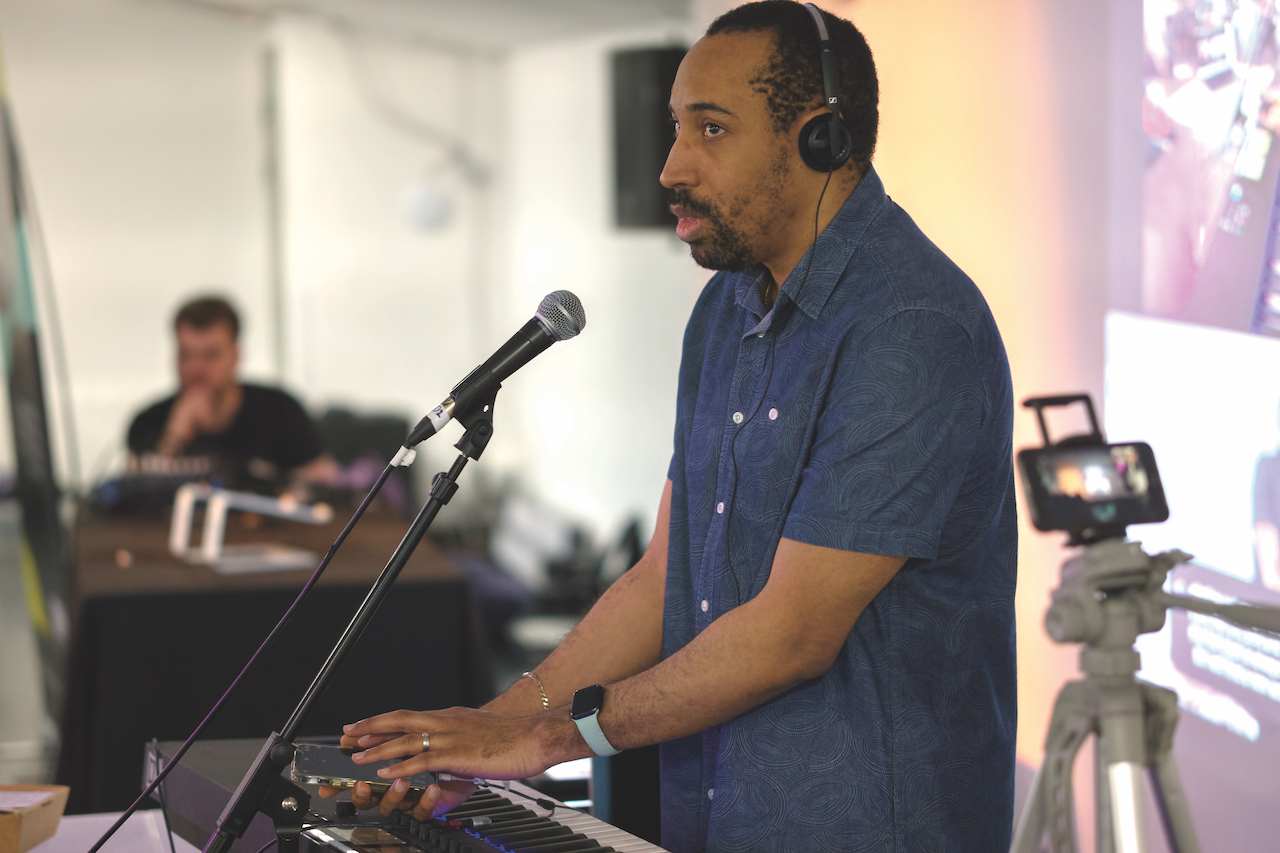"Tackling ableism, inaccessibility and discrimination should be a priority for the entire music industry”: The startling systemic issues facing disabled musicians highlighted in new report
The new Insight Report found a whopping average disability pay gap of £4,400 as well as other widespread issues

A research collaboration between the Musician's Union and the charity Help Musicians has revealed a distressing array of data that underlines many of the problems that disabled music-makers face on a daily basis. From a whopping average pay gap of £4,400 to high levels of discrimination in the workplace based on being openly disabled and the career obstacles that many face.
Building out of the Musician's Union and Help Musicians' first ever census this year, which recently highlighted many issues for people working in the music industry, not least gender-based discrimination, this new disability-focussed Insight Report discovered some alarming statistics.
88% of musicians who said they are open about being disabled (with some or all of the people they work with) have subsequently experienced discrimination based on their disability. 94% of those experiencing discrimination said it impacted their ability to work or advance their career progression.
The report also found that the average disability pay gap is a terribly high £4,400 this is based on a mean income of approximately £29,200 for disabled musicians and £33,600 for non-disabled musicians who earn the majority of their income from music. This further expands by £1,700 when taking into account musicians with mental health conditions and/ or neurodivergent profiles.

This new report had a sample of 2,593 disabled musicians and provides a thorough illustration of some of the challenges they face.
The Musicians’ Union and Help Musicians have partnered with the charity Attitude is Everything for the launch of the new report. Attitude is Everything connects disabled people with music and the live world to ensure that access is available for all.
Key points highlighted in the report include:
1: Musicians who are open about their disability at work face high levels of discrimination.
2: The report also highlights concerns for other forms of discrimination disabled musicians experience, based on different protected characteristics: 71% of disabled musicians have experienced or witnessed some form of discrimination, based on different protected characteristics. Nearly quarter (23%) of disabled musicians have been sexually harassed, compared to 13% of non-disabled musicians.
Also, 27% of disabled musicians have suffered racism compared to 7% of non-disabled musicians, with the ethnicity breakdown between the disabled and non-disabled samples remains the same.
51% of disabled respondents who identify as trans have experienced gender discrimination. 26% of LGBTQ+ disabled musicians have experienced discrimination based on their sexuality, and a third have experienced sexual harassment. 16% of disabled musicians have experienced discrimination due to their background.
Want all the hottest music and gear news, reviews, deals, features and more, direct to your inbox? Sign up here.
3: Disabled musicians experience multi-faceted financial challenges, including access to fair pay: A shocking 73% of all those surveyed reported that they are not in receipt of any state benefits, tax credits or support. This, coupled with the disability pay gap and high rates of cost-related career barriers underlines the multi-faceted financial challenges for disabled musicians to work in the music industry.
4: Contending with career barriers: The broader survey indicates that 1 in 5 non-disabled musicians face no career barriers, but this then drops to 1 in 10 for disabled musicians. Being unable to make a sustainable income is the most highly reported barrier at 51%, reflecting the financial issues disabled musicians face.
5: Disabled musicians report significant levels of poor physical and mental wellbeing: Almost 2 in 5 (39%) disabled musicians reported that their physical wellbeing is negative, and a similar proportion (43%) reported that their mental wellbeing is negative. Amongst disabled musicians who reported negative or extremely negative physical wellbeing, only two thirds said it was likely they would still be working in music in 5 years’ time.
John Shortell, the MU's Head of Equality, Diversity and Inclusion said; "The findings in this report highlight the need for partners across the music industry to invest in accessibility and support disabled musicians. Working together with disabled musicians, we can remove the barriers this community of musicians’ face. Tackling ableism, inaccessibility and discrimination should be a priority for the entire music industry.”
For further information, and to read the full report head to the Musician's Census website



I'm Andy, the Music-Making Ed here at MusicRadar. My work explores both the inner-workings of how music is made, and frequently digs into the history and development of popular music.
Previously the editor of Computer Music, my career has included editing MusicTech magazine and website and writing about music-making and listening for titles such as NME, Classic Pop, Audio Media International, Guitar.com and Uncut.
When I'm not writing about music, I'm making it. I release tracks under the name ALP.